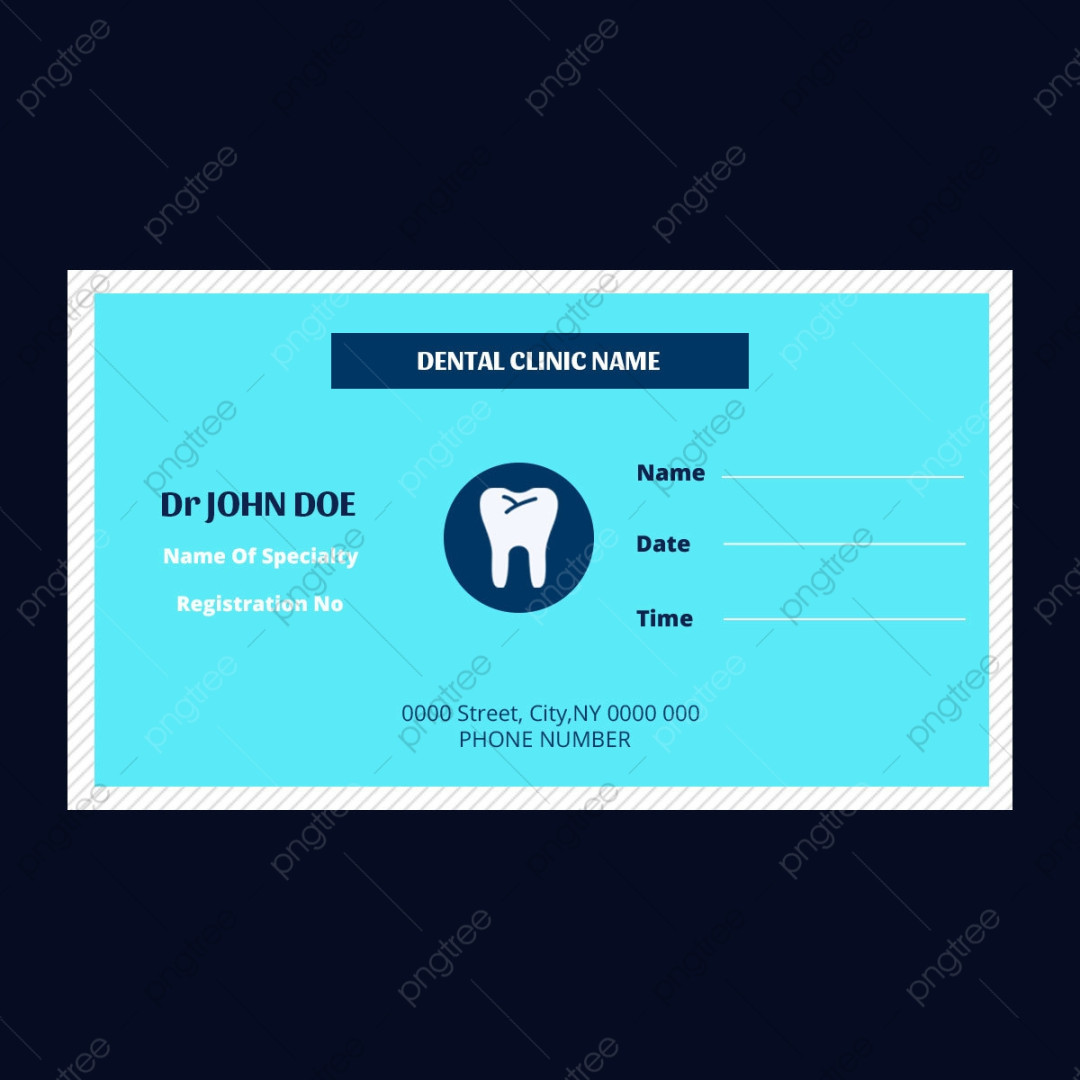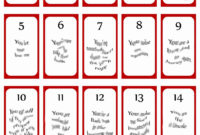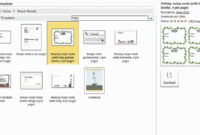Dentist Appointment Card Template is a valuable marketing tool for dental practices. It serves as a tangible reminder of appointments, while also showcasing the professional image of the clinic. A well-designed card can leave a lasting impression on patients and potentially attract new clients.
Design Elements for Professionalism and Trust

Font Choice: The font selected should be easy to read and convey a sense of professionalism. Avoid overly decorative or playful fonts that might undermine the credibility of the clinic. Sans-serif fonts like Arial, Helvetica, or Roboto are often good choices.
Color Scheme: The color scheme should be consistent with the overall branding of the dental practice. Consider using colors that evoke feelings of trust, cleanliness, and health, such as shades of blue, green, or white. Avoid overly bright or garish colors that can be distracting.
Layout and Organization: A clear and uncluttered layout is essential for a professional-looking card. Ensure that all information is easy to find and read. Consider using a grid system to organize elements and maintain a consistent look.
Information to Include: A well-designed card should include the following essential information:
Dentist’s Name and Practice Name: Clearly display the name of the dentist and the dental practice.
Incorporating Visual Elements
Logo Placement: The dental practice’s logo should be prominently displayed on the card. It helps to reinforce brand recognition and establish a professional identity.
Imagery: Consider using subtle imagery related to dentistry or oral health. For example, you could include a stylized tooth or a smiling face. However, avoid overly generic or cliché images.
Call to Action: A clear call to action can encourage patients to take the next step, such as scheduling another appointment or visiting the website. For instance, you could include a phrase like “Schedule your next appointment today!”
Paper Quality and Finishing Touches
Paper Choice: The quality of the paper used can significantly impact the perceived value of the card. Opt for a thick, high-quality paper that feels substantial in the hand.
Finishing Touches: Consider adding finishing touches like embossing, foil stamping, or die-cutting to create a more luxurious and memorable card. However, ensure that these elements complement the overall design and do not detract from the readability of the information.
Printing: Choose a high-quality printing method that produces sharp, vibrant colors and clean lines. Offset printing or digital printing are both suitable options for dental appointment cards.
By carefully considering these design elements, you can create a professional and effective Dentist Appointment Card Template that will leave a positive impression on your patients.


